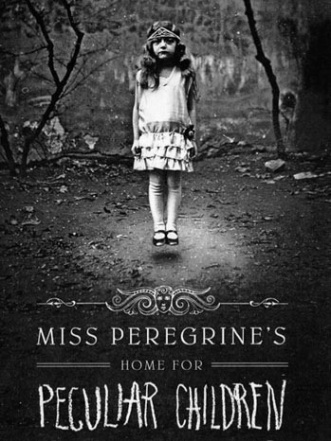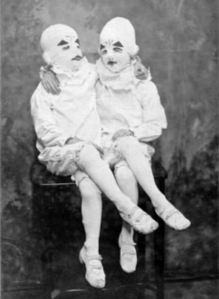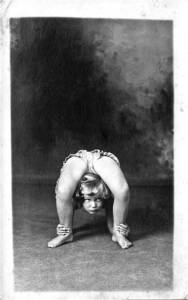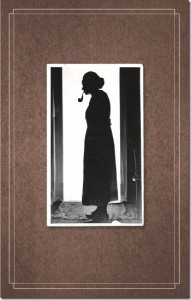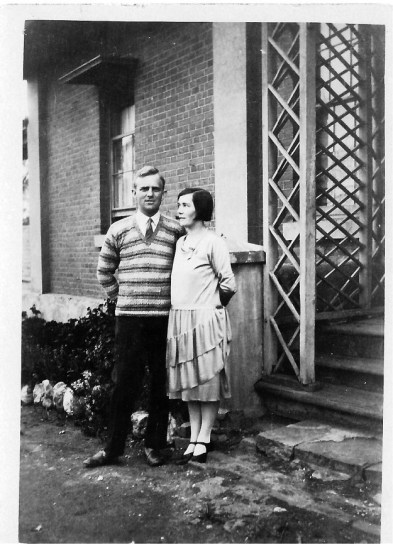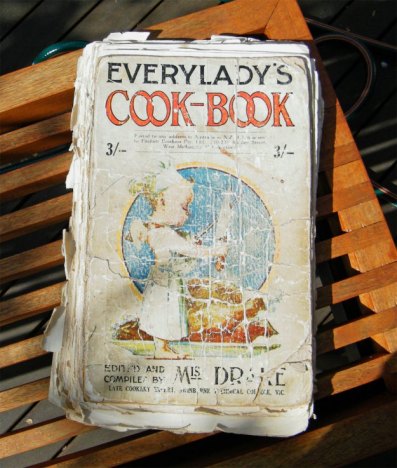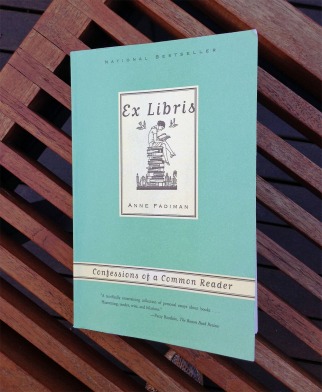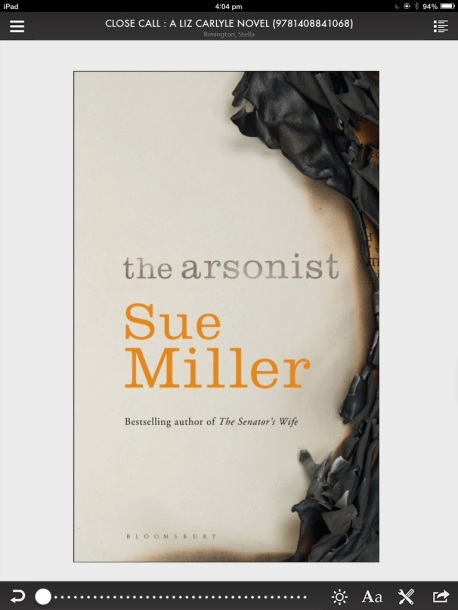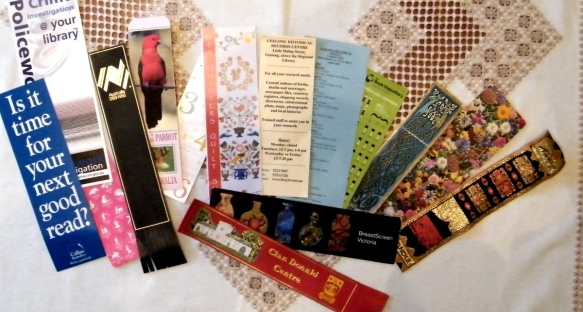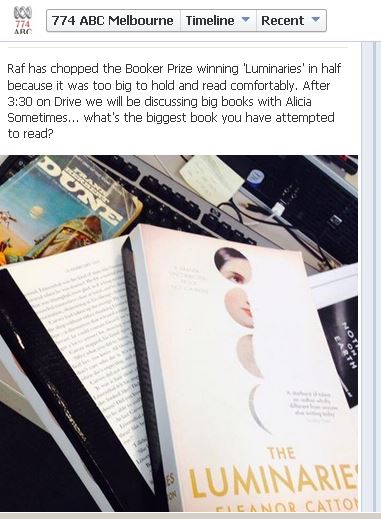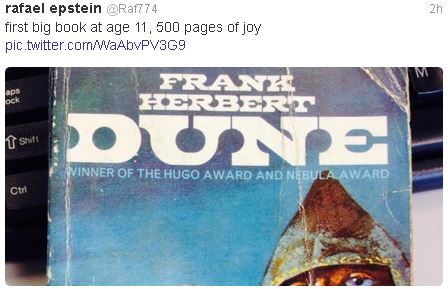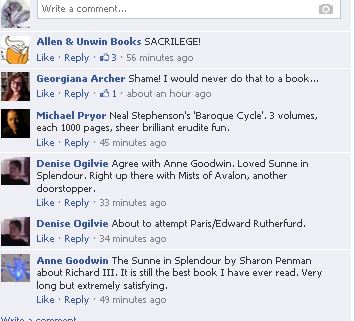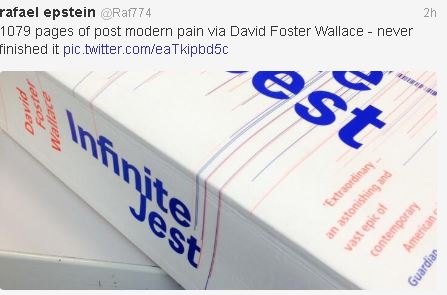I am completely enraptured by the BBC production of Wolf Hall. At times I call it Wolf Hall for Dummies as it is so easy to understand – I didn’t finish the book. Much as I enjoy most historical novels and biographies this one wasn’t to my taste.
But that is beside the point. It is the language in the novel and the TV production which interests me. At no time in the written word or on the TV screen did I feel uncomfortable with the language. It was so natural I didn’t even stop to think that this was not necessarily the type of speech that was used in the early 1500s.
So I found it surprising to read in English newspapers the complaints about a word which nowadays is not acceptable in polite society but in the time of Henry VIII was in fairly common usage. I didn’t even have a flicker of discomfort . It was perfectly OK in a bit of man talk for those times.
But, and it’s a big but, I lost the thread and my jaw dropped when Jane Seymour said she would find a prayer which would “fit the bill”. Fit the Bill. To me that is completely out of character. Modern English is used in the novel but to me it is modern English devoid of any really quirky sayings which don’t really” fit the bill” for a story about Cromwell. This would have been used in the second novel which I didn’t buy but I presume the saying was used by Hilary Mantel. The saying originally cropped up in a written work early in the 1800s but is still widely used today.
The Oxford and Cambridge English Dictionaries are a good source of information for the using and meanings of words in classic novels or in period pieces written more recently. .They do a wonderful job of getting back to the original meanings of words instead of just parroting current usages as many of the contemporary dictionaries do.
And so back to the BBC and the wonderful portrayal of Cromwell, You see the story through Cromwell’s eyes and Mark Rylance’s subtle portrayal is so good that you can almost tell what Cromwell is thinking.
So I will forget “fit the bill” and go back to adoring the BBC’s Wolf Hall. I didn’t even notice the white teeth which niggles with some people as reported in The Guardian
In the meantime full marks to the designers and their choice of a colour palette. Combined with candles it is just perfect.

